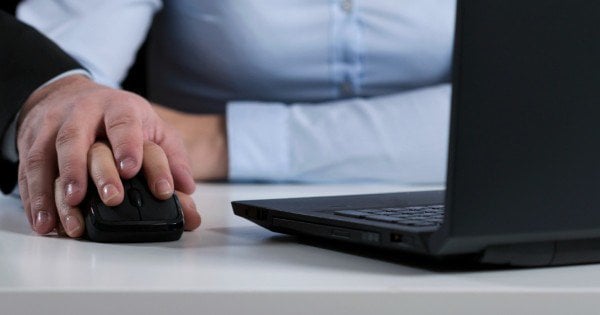Six diverse Australian women appeared on the front page of The Age yesterday.
At first glance it’s not immediately obvious what connects them to one another — although the headline, The Big Sleaze, certainly hints at it.
Each of the women has experienced harassment at work; from customers, students, clients and patients.
Their stories are among 20 which appeared inside the newspaper in a two-page spread on the hidden, gendered epidemic rife in Australian workplaces.



Top Comments
The thing is though a lot of that crap is NOT gendered... it's not because they're women (the wolf whistling obviously is). Workplace bullying is very common, a similar proportion of men would have experienced it too. If anything I think it's a generational thing, past generations we're pretty hard on each other, less compassion in those days and many people (yes mostly men) from that era still behave that way.
I could write you a book. When I was 18, at university and working in a clothing store, I was told by my male manager to flirt with the males to make more sales. I reported him for that.
But you can't beat the racism. As a female with brown skin, I cannot tel you the amount of racist slurs I have endured. The best (worst) would have to be an employer who told me that people of my race weren't smart enough to do my job.
WOW!!!!